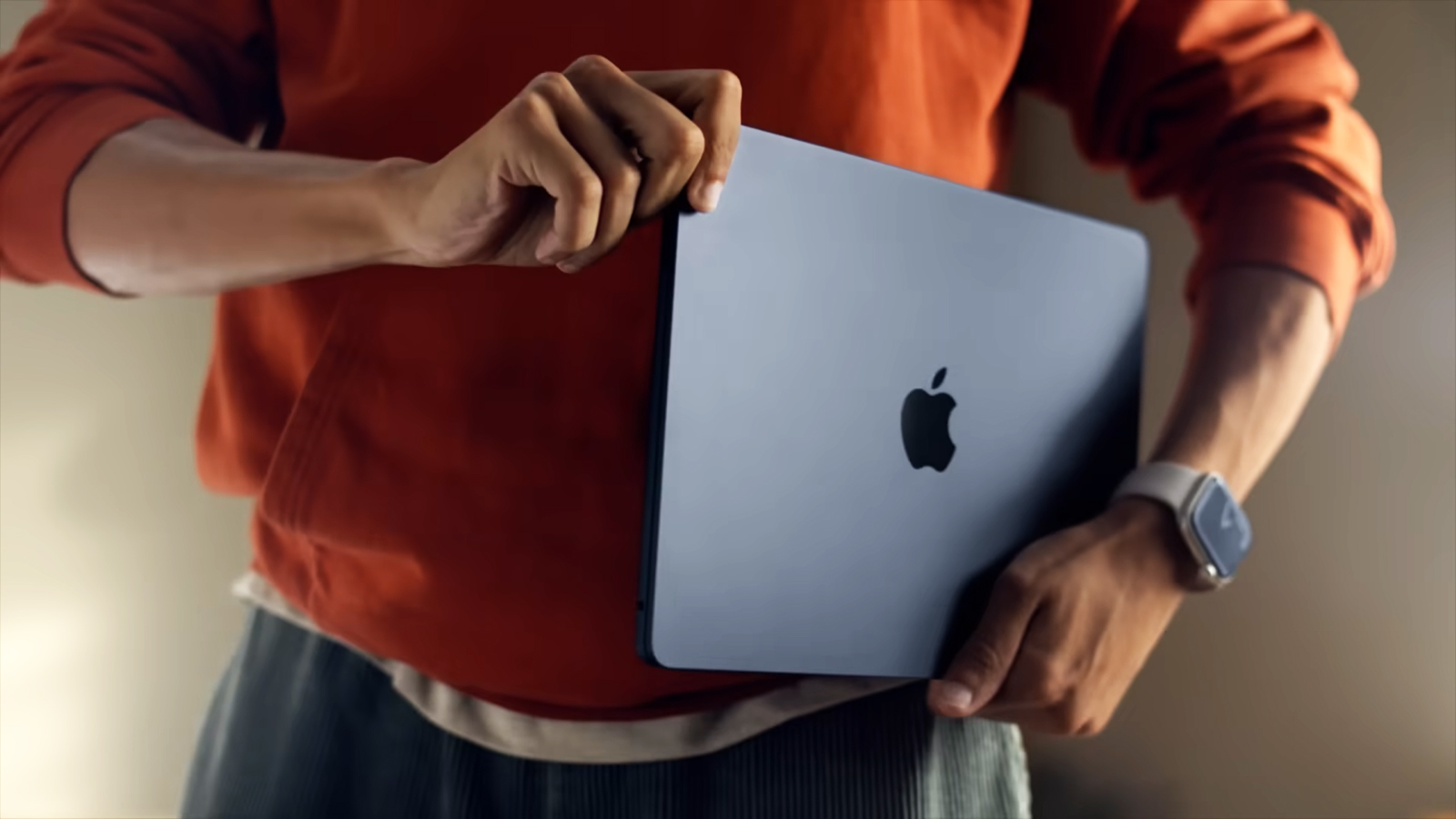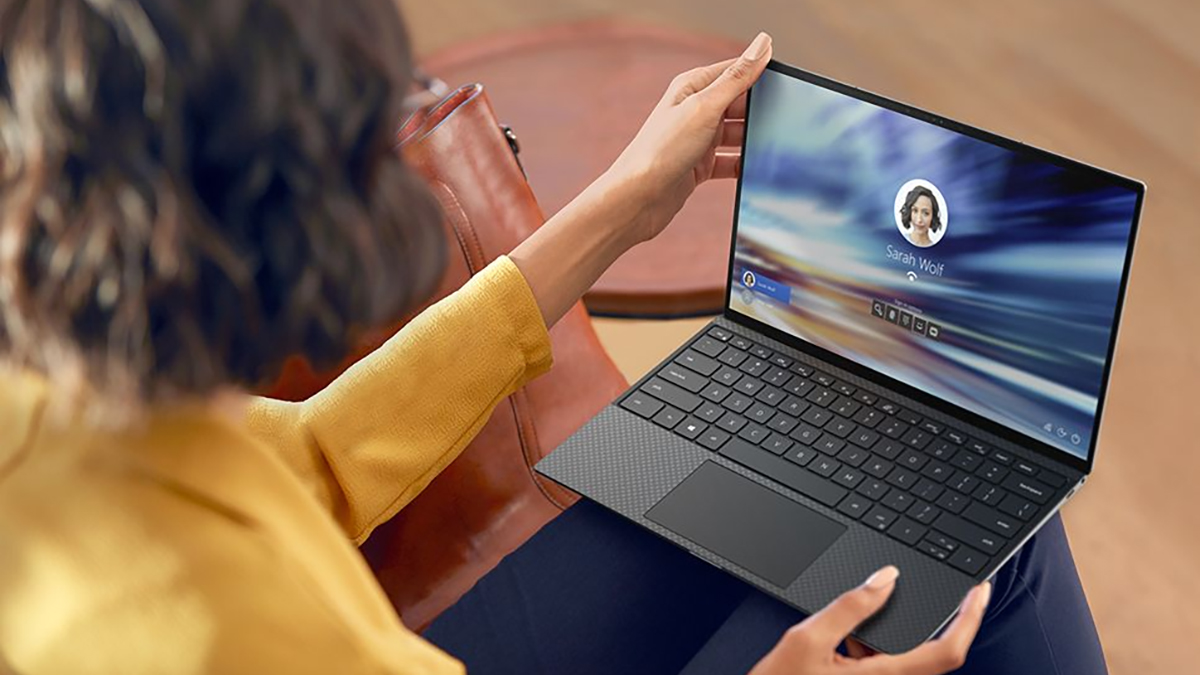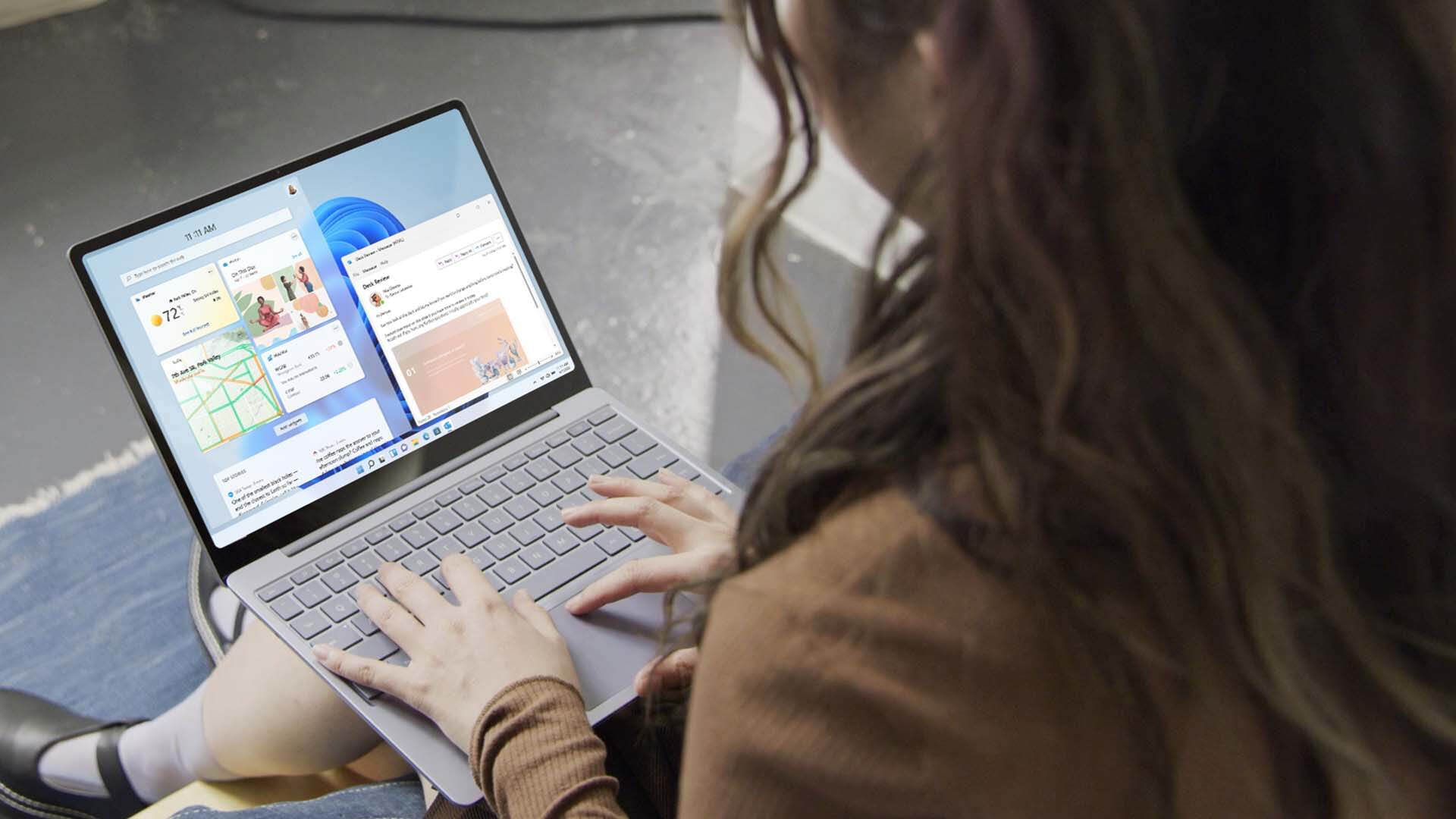Apple MacBook versus Windows laptop: which is the best buy for students?
Students need reliable yet affordable kit, but does an Apple MacBook or Windows laptop best suit and why?

'Tis the season! The season for buying new kit in preparation for returning to work or your studies, meaning it could be time to start thinking about a new laptop that'll help you knuckle down for another year. That's where T3's Back to Class month comes in to help your buying decisions.
You'll undoubtedly be thinking about buying one of the best student laptops – but what's going to make the cut between an Apple or Windows option? This year more than any in recent memory has added far more buying choices too, with the introduction of Qualcomm Snapdragon X Elite options (such as Microsoft's CoPilot+ PCs).
There are certain specifications and features to look out for if you’re a student, some of which Apple does better (check out the best student MacBooks feature, as there are student discount details in there too), and some of which are a win for Windows devices. Whichever you decide on, both offer some of the best laptops in the world. So here's our take on what may fit your needs and why:
MacBook vs Windows: design & build

In terms of device design, the Apple versus Windows debate will largely come down to personal preference.
Some will likely prefer Apple's stripped-back and minimalist aesthetics with the low-profile keyboards and super accurate trackpads. You are usually limited to just a few simple colourways though, such as Silver, Midnight Black, Space Grey and Starlight (which is a Champagne-like colour).
If you want to stand out a little in your lectures then Windows devices are a lot more diverse because there are tonnes of manufacturers to choose from. Pick one of the best gaming laptops, for example, and you could buy into an exuberant lighting setup. Or the HP Spectre x360 14, as another example, brings sharp edges and logos for a defined and distinctive look.
One thing you are guaranteed with a MacBook is build quality, which isn’t necessarily the case with all Windows PCs. Apple's devices are very sturdy with firm hinges, meaning they be knocked about a bit in your bag and are also easy to open up one-handed without the base moving.
Get all the latest news, reviews, deals and buying guides on gorgeous tech, home and active products from the T3 experts
Perhaps most importantly, the majority of students will be looking for something that they can easily carry back and forth from class. Both Apple and Windows have plenty of options when it comes to the best lightweight laptops, even if you want a bigger screen.
Take the Apple MacBook Air 15, which has a huge 15-inch display but only weighs 1.5kg, making it extremely portable considering – and that drops to only 1.24kg if you opt for the 13-inch Apple MacBook Air (M3, 2022). Similarly, but on the Windows side, the LG Gram 16 has a 16-inch display but only weighs 1.16kg all-in – hugely impressive considering the scale. And Dell's XPS 16 and XPS 14 are super Apple rivals with build quality to compete.
Another perk of some Windows devices is that they are able to transform into a tablet thanks to a touchscreen and either a rotating hinge or a removable screen. The OS will switch into a dedicated Windows tablet mode for ease of use and some will come with stylus support too. That's something Apple doesn't offer at all.
Apple currently doesn't offer any touchscreen MacBooks – although it's still rumoured one could be coming in the next couple of years. Failing that, however, you could actually consider one of the best iPads plus accessories as a viable alternative. Read T3's MacBook or iPad: can Apple's tablet replace a laptop? feature to find out more.
MacBook vs Windows laptop: performance & hardware

You'll need to think long and hard about how exactly you intend to use your new laptop before deciding on whether to buy an Apple MacBook or a Windows laptop, partly because you'll need to pick a device with the right performance capabilities.
The latest MacBooks come loaded with the tech giant’s own Apple Silicon processors, which deliver an impressive amount of power, making its devices some of the best-performing ever – especially if you go for a top-of-the-range machine like the MacBook Pro 14-inch (M3 Max, late 2023).
It's pricey, though, so you'll only need such a machine if you're, say, running CAD models (engineering, design, animation, architecture, etc), not just word processing and browsing (creative writing, history, etc). Don't need all that power? Drop to a MacBook Air, as per the options further up page.
Windows, on the other hand, has more variety. If you just plan to type out documents and browse the web then you could save some cash by buying a laptop with a simpler processor such as an AMD Ryzen in the Acer Aspire 5. Or you could ditch Windows altogether and opt for one of the best Chromebooks instead – which will save you a packet of cash.
If you need as much power as possible, there are plenty of Windows PC options to choose from as well – you should look for something with the latest 14th Generation Intel Core i5 or i7 (or even i9) processors. It's quite common that coders prefer using Windows PCs, so if that's your future plan then Microsoft may well be your best choice. The Microsoft Surface Laptop 5 is a great example, which is beautifully designed and easily rivals Apple's MacBooks for its looks.
For students who plan to game in their free time, Windows is the only route we’d recommend because you can configure your new device with the perfect processor, discrete graphics, RAM, storage, and so on. That's why all the best gaming laptops run the Windows operating system. Sure, Apple's Metal is getting better on its latest silicon and Metal, but compatibility isn't nearly as wide just yet.
MacBook vs Windows laptop: features & usability

At the time of writing, the most recent Apple computers run on macOS 14, while on PC it's Windows 11. There's a slight curveball for the latter too: machines such as the Microsoft Surface Pro 11th Edition, which is considered a CoPilot+ PC, or the Samsung Galaxy Book 4 Edge, are powered by Qualcomm's Snapdragon chipset – which introduces some artificial intelligence (AI) features too.
The latter has a lot of useful productivity features, as well as some that will help you nail multitasking, or with shortcuts to illustration or transcription, for example. The AI features in CoPilot+/Snapdragon X Elite options should only expand – and as explained in T3's Should I buy Mac, Snapdragon, Intel or AMD? feature there's full compatibility with Windows apps, using an emulation software layer effectively, so the sky's the limit.
While macOS can't yet compete with this directly, it'll only be a matter of time for future options most likely. That aside, however, Apple MacBooks come with some handy apps – which will be really beneficial to creative work. There's GarageBand and iMovie, for example, whereas Windows leans more towards practical programmes like Microsoft OneNote and Outlook.
Both systems have a built-in voice assistant: Apple uses Siri, while Windows uses Cortana (the latter which can also be used to send commands to your Amazon Alexa devices). Both will let you control compatible smart home kit, open up apps and set alarms or reminders amongst other things. The winner there will depend on what smart home tech you have installed at home, if any.
MacBook vs Windows laptop: price & conclusion

Students on a budget will likely opt to buy an affordable Windows PC over an Apple MacBook – there are some savvy cheaper options being why. Or you could even side-step Windows and buy a Chromebook instead. Naturally, you can also spend big on the most premium Windows laptops, just as you'll have to with an Apple MacBook option.
On the whole, there's no clear-cut answer though. Windows laptops will likely be better for many students, such as programmers or engineers using specific software, whereas MacBooks may be better aligned with creative and design programmes. Both options are excellent for productivity, so it's going to depend on your budget and whether you're aligned with one ecosystem or another – as macOS functions very differently to Windows, and the two aren't compatible.
Whatever your choice, the best advice is to be smart: you don't necessarily need the very latest hardware, as an older Apple M1 processor or one-or-two-year-old Windows laptop may suffice if it's far cheaper. That could be a game-changer on the budget front and allow you to buy the best-matched option for your wants and needs

Mike is T3's Tech Editor. He's been writing about consumer technology for 15 years and his beat covers phones – of which he's seen hundreds of handsets over the years – laptops, gaming, TV & audio, and more. There's little consumer tech he's not had a hand at trying, and with extensive commissioning and editing experience, he knows the industry inside out. As the former Reviews Editor at Pocket-lint for 10 years where he furthered his knowledge and expertise, whilst writing about literally thousands of products, he's also provided work for publications such as Wired, The Guardian, Metro, and more.
